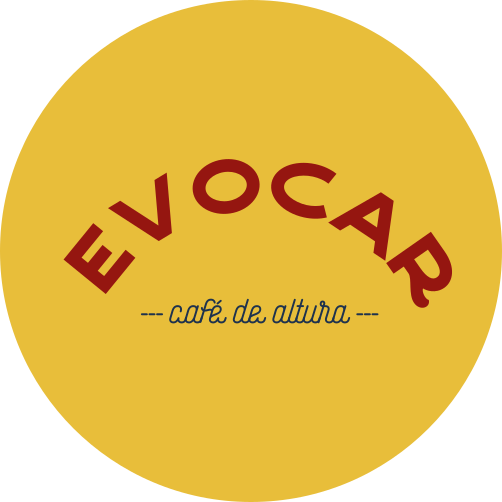
Markdown Text Enough
-
- A story about how I Embracing slow and critical thinking in a Small Team
At the end of 2023, I decided to leave a larger company focused on carbon and climate change solutions. I felt lost in a big organization that lacked the resources to develop my ideas and didn’t allow me the time to invest in my own risk products. I jumped to a startup company, and I quickly realized how my previous education, knowledge, and experience were not enough to work in a demanding environment of ideas, shared experience spaces, and demanding clients that required a lot of time and effort to navigate new topics.
This experience highlighted two stark realities for me. First, there are two different educational systems: one prepares people for quick and decisive thinking, and the other prepares people to think slowly and critically. Second, while everyone recognizes the role of the Carbon Market, its current state invalidates its results because all stakeholders are running towards answers, projects, and money.
While the Core Carbon Principles and other third-party organizations are trying to set and create a new market, the market is not ready to be a new market because the rules for that are not really working. The urgency to grow is blinding us to the efforts needed to achieve real results. The media, expert panels, and quality agencies don’t allow us to see behind the classroom, behind the theory. In many instances, they do not give us objective and unbiased truths.
We are prone to let our mental life become invaded by legions of half-truths, quick solutions, automated solutions, and labels. But too much propaganda. At this point, I often wonder whether or not education is fulfilling its purpose. A great majority of the so-called educated stakeholders do not think logically and scientifically.
Quality agencies in the Carbon Market must enable one to sift and weigh evidence, to discern the true from the false, the real from the unreal, and the facts from the fiction. However, the quality agencies are not able to do this because they are not the space to teach one to think intensively and to think critically. But that which stops with efficiency may prove the greatest menace to society. The most dangerous criminal may be the man gifted with reason, but with no morals.
We must remember that intelligence is not enough. Intelligence plus critical thinking is the goal of true education. The complete assessment of a project gives one not only the power of concentration, but worthy objectives upon which to concentrate. The broad education will, therefore, transmit to one not only the accumulated knowledge of the race but also the accumulated experience of social living.
A growing market is not leaving us to see all the efforts needed in a project to achieve real results; the media, the expert panels, the quality agencies don’t allow us to see behind the classroom, behind the theory and the pulpit. In many instances, they do not give us objective and unbiased truths.
In conclusion, the Carbon Market, like many sectors, is caught in a tension between the need for rapid action and the necessity for thoughtful, critical analysis. The Core Carbon Principles represent a step toward bridging this gap, but their true potential can only be realized when paired with a commitment to education that fosters both intelligence and critical thinking. As we navigate the complexities of climate change and the market-based solutions designed to address it, we must remember that true progress is not measured solely by efficiency, but by the thoughtful application of knowledge and reason.

